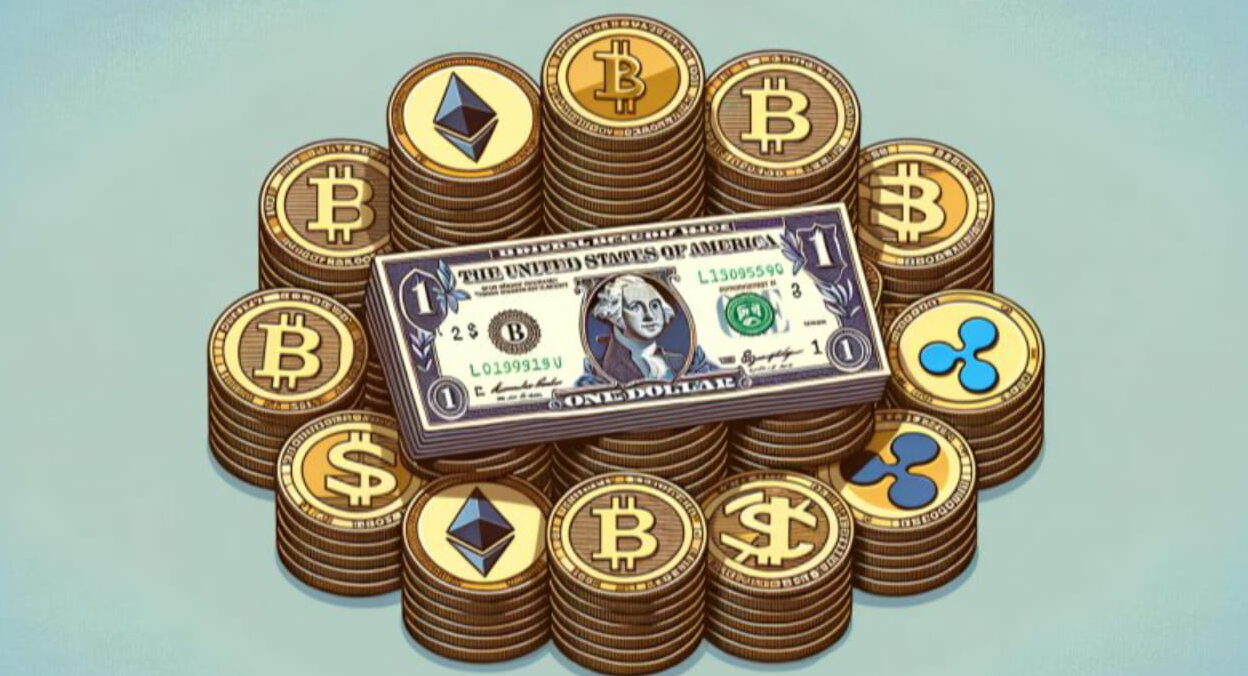Binance has started offering trading services again to consumers in Syria. This is a big step that changes the digital financial environment for millions of people. This news comes after the U.S. government recently decided to remove some economic sanctions that had kept Syrian citizens from using global financial platforms, such as crypto exchanges, for a long time. The announcement signals a significant change in how international rules affect digital money. It gives Syrians who have been cut off from the world market for years new hope for financial independence.
Sanctions Push Syrians Toward Crypto
The United States has put significant economic sanctions on Syria for more than ten years. These sanctions are mostly intended at the Assad dictatorship. It is accused of violating human rights and destabilizing the region. The Office of Foreign Assets Control (OFAC) put these sanctions in place. They included wide-ranging limits on banking, financial transactions, and access to internet platforms. To stay in line with U.S. and international laws. Major exchanges including Binance. Kraken. And Coinbase blacklisted Syrian IP addresses and shut down accounts linked to Syrian nationals.
 These rules were meant to target state actors. But they ended up hurting millions of citizens who used cryptocurrencies to deal with hyperinflation. Economic instability. And a failing banking system. For Syrians who couldn’t use regular banking systems, cryptocurrencies like Bitcoin Risks Ethereum. And stablecoins like USDT became other ways to hold value and trade.
These rules were meant to target state actors. But they ended up hurting millions of citizens who used cryptocurrencies to deal with hyperinflation. Economic instability. And a failing banking system. For Syrians who couldn’t use regular banking systems, cryptocurrencies like Bitcoin Risks Ethereum. And stablecoins like USDT became other ways to hold value and trade.
Binance Reopens Access for Syrians
After some of the sanctions were lifted, Binance has let verified users in Syria back on its platform. This re-entry not only makes it easier to get money, but it also shows that more people are starting to see how crypto may help with humanitarian and economic resilience. Binance’s compliance team said that users from Syria can now do Know Your Customer (KYC) checks. Trade cryptocurrencies. And take part in other Web3 activities as long as they follow international rules against money laundering (AML) and funding terrorism (CTF).
This decision makes Binance one of the first big exchanges to bring Syria back into the global crypto market. It will offer services including spot trading, peer-to-peer (P2P) transactions, staking, and access to decentralized finance. It also makes it easier to send money, do business across borders, and pay freelancers, which are all important methods to get money in a country where the banking system is either broken or not there at all.
Crypto Rises Amid Global Sanctions
Binance’s move is not just a business choice; it shows that bitcoin may change things in places where there is war or economic sanctions. Because centralized banks are failing and local currencies are losing value. Crypto is a decentralized option that doesn’t need traditional financial gatekeepers. The Syrian pound has lost a lot of value recently, thus stablecoins linked to the U.S. dollar are becoming more popular for everyday purchases and savings.
This choice could be a model for other countries in similar situations. Countries like Venezuela, Iran, and Lebanon, which are cut off from the global economy, have witnessed similar increases in crypto adoption as people use blockchain technology to take back control of their finances. As geopolitical tensions and economic sanctions continue to affect global banking, crypto platforms like Binance are becoming more and more involved in discussions about both humanitarian and financial issues.
Crypto Gains Ground in Humanitarian Aid
The world has been cautiously hopeful about this shift. Some regulators are worried about the possible use of crypto for illegal financing. While human rights groups have called the move a win for financial inclusion. Binance has said again that it will follow all rules and regulations. Saying that all Syrian users must go through extensive identity checks and their transactions will be watched according to global standards.
The U.S. Treasury’s change to its sanctions policy to allow restricted financial services for humanitarian purposes shows a subtle change in how economic tools are used. It also shows how digital assets are becoming more important in international politics and the provision of humanitarian aid. The crypto ecosystem is quickly growing into sectors that were once thought to be off-limits, such as refugee help. Microfinancing. And cross-border donations.
Crypto Reconnects Syrians to the World
The reopening of Binance gives Syrians more than simply access to digital currencies. It is a step toward rejoining the global economy, which they have been cut off from for more than ten years. Now, entrepreneurs may take crypto payments for their services, students can use global online learning platforms, and freelancers can get paid from anywhere in the world without having to go through expensive and slow middlemen.
 Additionally, blockchain organizations’ educational efforts may now be able to access the Syrian market, giving people the tools they need to safely utilize wallets. Comprehend DeFi protocols. And interact with NFTs or DAOs. Bringing back crypto also opens the door for localized innovation. Which might lead to the rise of blockchain firms or developers in Syria who work on open-source protocols.
Additionally, blockchain organizations’ educational efforts may now be able to access the Syrian market, giving people the tools they need to safely utilize wallets. Comprehend DeFi protocols. And interact with NFTs or DAOs. Bringing back crypto also opens the door for localized innovation. Which might lead to the rise of blockchain firms or developers in Syria who work on open-source protocols.
Final thoughts
Even if Binance is back, there are still problems to deal with. Political instability, a lack of digital literacy. And problems with infrastructure. Such slow internet connections and limited access to smartphones. Might all slow down widespread adoption. Also. Regulators are always watching, so things could change quickly based on what happens in world diplomacy.
Still, this event shows how strong blockchain technology is and how well it can help people who don’t have access to services. It also supports the idea that financial independence is an important part of human rights. Especially in countries that are rebuilding after war and economic catastrophe.


